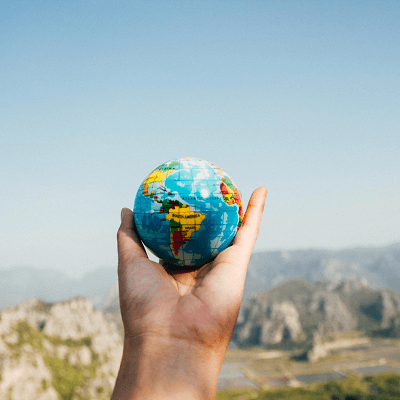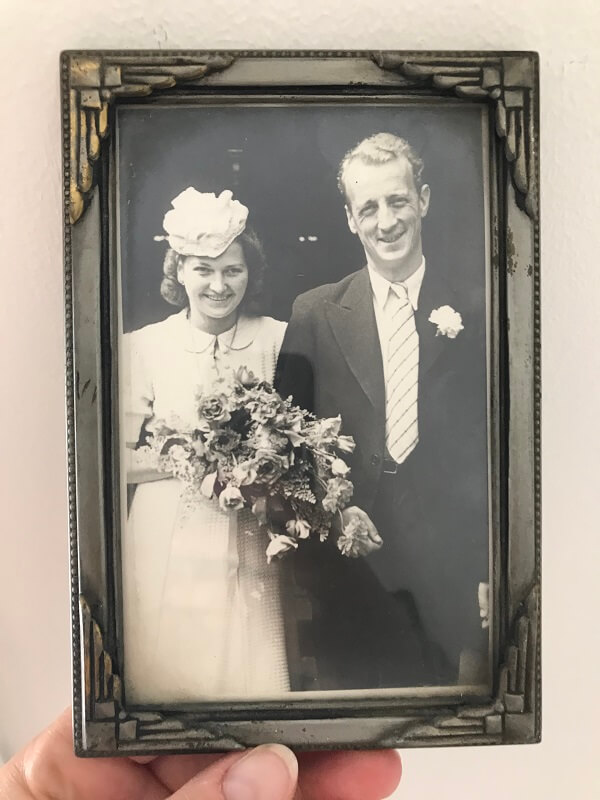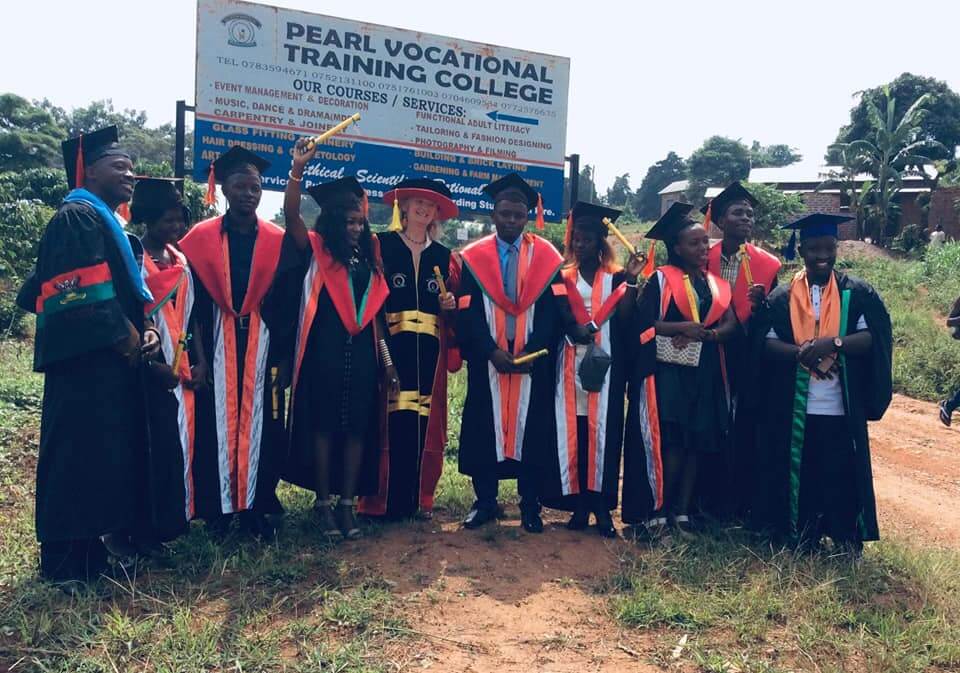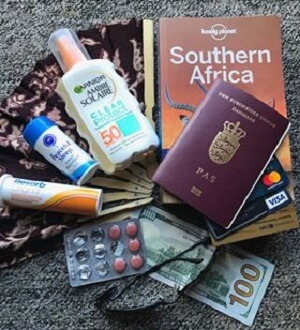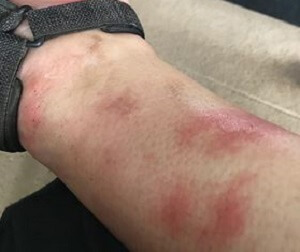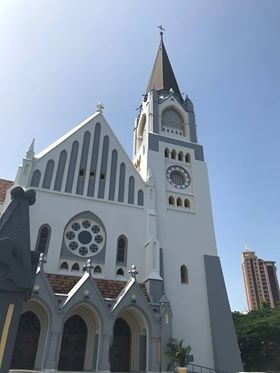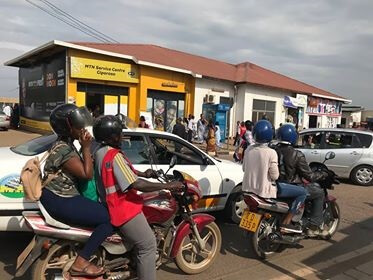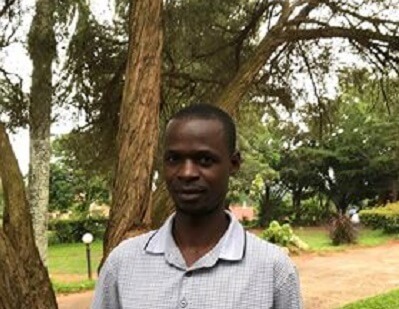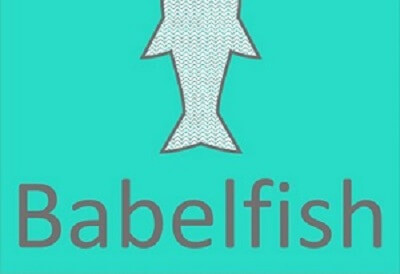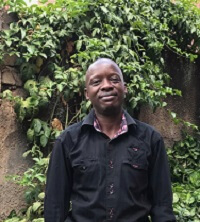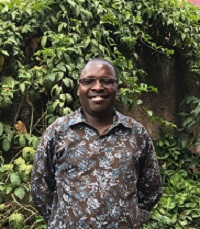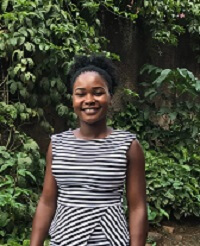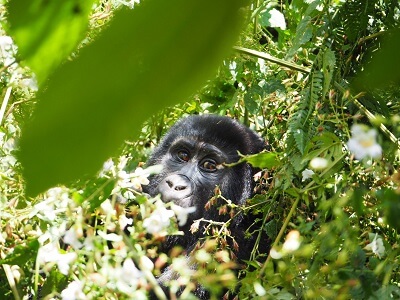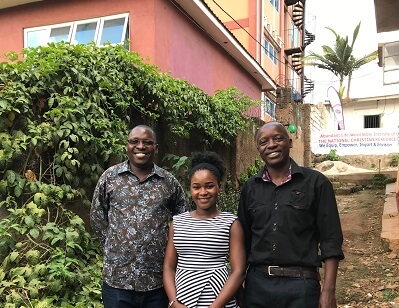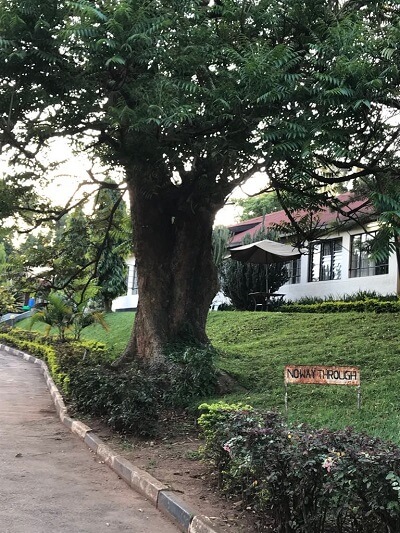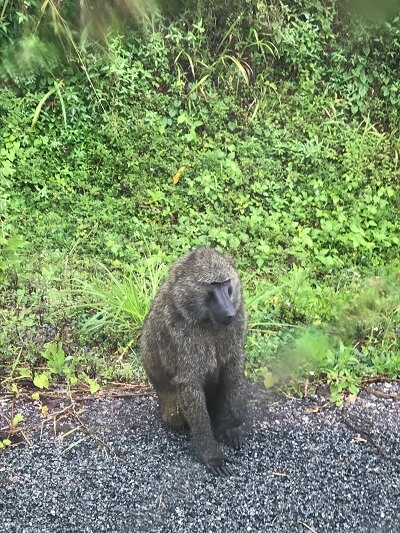Back in the ‘office’
2019-03-07 | Botswana, Denmark, Kenya, Malawi, Namibia, Rwanda, South Africa, Tanzania, Uganda | 2 Comments
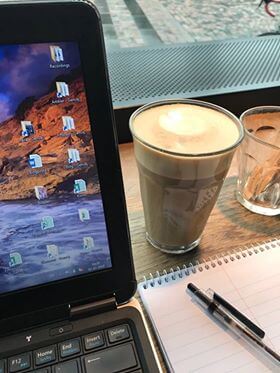

I’m back in Copenhagen, I’m back in my hood on Vesterbro down town Copenhagen. Today I went back to my ‘office’ – a local restaurant BOBs where it is possible to work all day if you are a member of Sp8ces. Through sp8ces (no I don’t get paid to tell about it) you have access to several working lounges in Denmark and Norway – they make agreements with hotels, restaurants, etc. to use timeslots where their spaces are not occupied. It is a great concept – and cheap.
I’ve spent the last couple of days sleeping, doing absolutely nothing besides catching up on Netflix. It will take time before I have processed all my experiences from my journey. I have travelled many kilometres, met so many people – not only humanists, but also other locals and tourists, seen the most amazing landscapes and met fantastic animals. Earth is an amazing and beautiful place.
I know I’m privileged – I have the possibility to visit places where the usual tourist never goes. I’m glad this journey is a combination of following the usual tourist path and meeting people living their lives in these countries. It adds so much more when you talk to people living there and not just other tourists or people from travel agencies.
My journey has showed me the diversity of the different countries. There is so much prejudice in the western world toward the African continent – yes, it is a continent and not a country. Africa is unfortunately often perceived as a country and treated as such in popular culture and media. Africa is three times larger than Europe and occupies 20% of the land mass on Earth – it is huge.
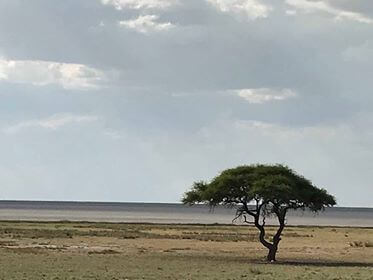
In eastern and southern Africa where I have been travelling, they have many challenges. I travelled during the rainy season but in most of the countries, if not all, they got lesser rain than they need to avoid drought. Climate changes are already impacting this part of the world. The growing population is also impacting the infrastructure – water supply, electricity and transport.
I’ve been travelling for 10 weeks, visited 8 countries and held 30 interviews with non-believers. During the next 3-4 months all the interviews will be published as podcast episodes through Babelfish and I will continue to write articles for POV International.
At the same time, I will plan the next steps of my journey. Which means I will be pretty busy while in Copenhagen – I also want to see, to hug and talk to my friends and family. Right now it is cold and rainy – I hope spring is coming.
